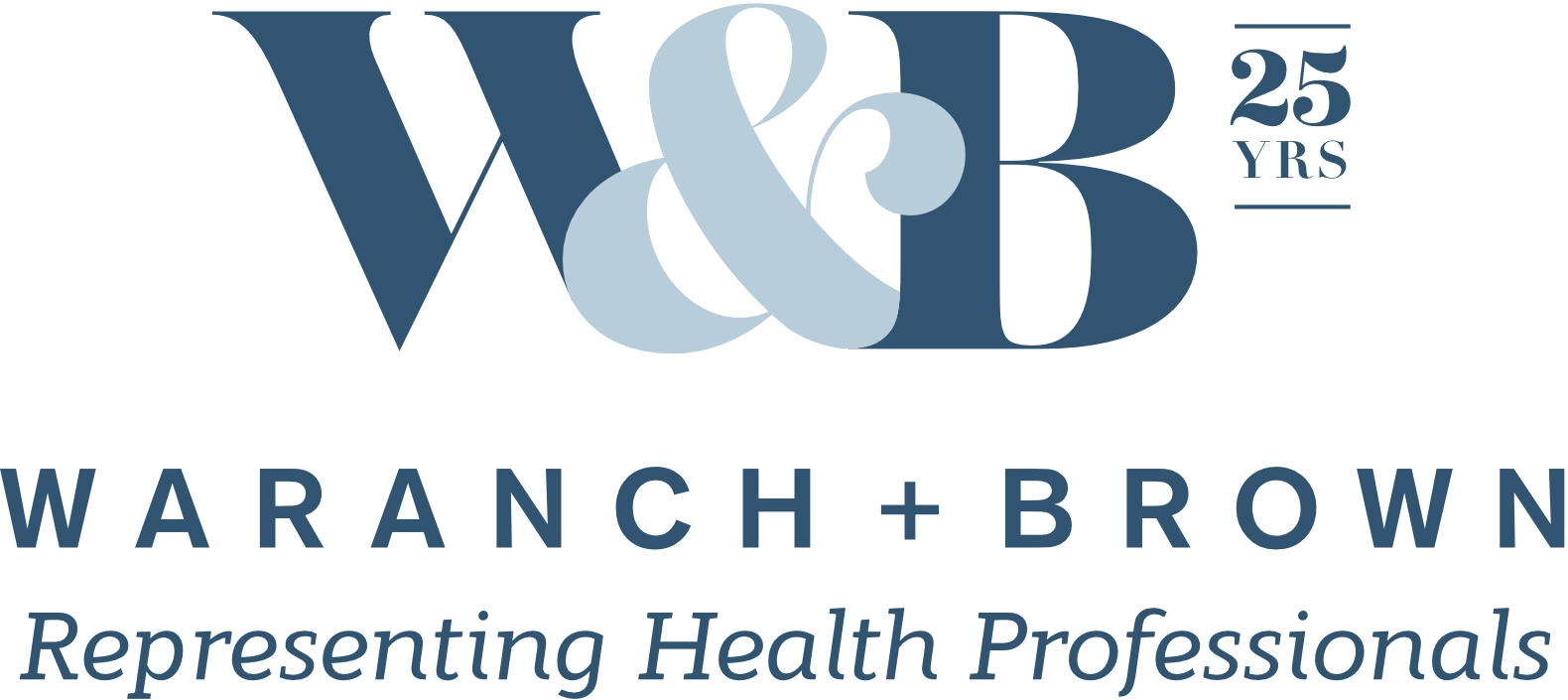There is a high correlation between smart phone sales and people falling down stairs. There is also a high correlation between alcohol use and smoking. While these variables are related, one event does not directly cause the other.
Plaintiff’s experts in lead paint cases frequently cite studies that show a correlation between lead exposure and criminal activity. Perhaps an appealing argument, but lead exposure does not cause criminal activity.
This is an equally relevant concept in medical malpractice cases. Frequently, plaintiff’s experts testify that a correlating factor is proof the health care provider caused the injury – i.e., the surgical intervention caused the patient’s demise or the delivery caused the birth injury. Flawed correlations will cloud the actual cause of the injury. To be clear, “causation” exists when the harm suffered by the plaintiff is the result of a breach. The injury at issue could be the result of a pre-existing disease or underlying condition; the plaintiff’s own negligence; a “superseding” or “intervening” cause involving a third party, among others.
Bottom Line: Don’t let plaintiffs confuse correlation with causation! Be prepared to challenge experts who improperly correlate in order to imply causation. If you maintain a strong defense on this front, it could mean the difference between a win and a loss at trial!
If we can help with this, or any other matter, please contact us.

